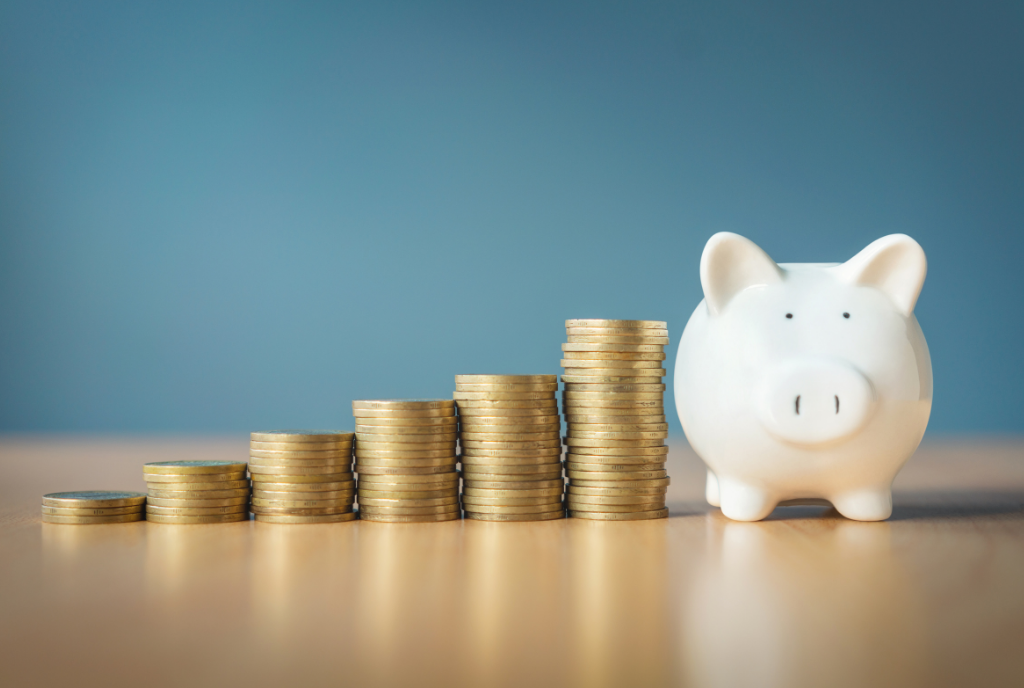A 2023 SecureSave survey found that 63% of Americans did not have the savings to cover an unplanned $500 expense. If you're short on funds to cover an emergency, then you need to try to pump as much money into your savings account as possible.
But what if you're in the opposite situation, and you have a lot of money in your savings account? While that's preferable to not having enough, it's not a great thing, either.
The problem with having too much money in savings
Although savings accounts are paying generously these days, that doesn't always happen. There have been times when savings accounts weren't even paying 1% interest, and we could see a return to those times at some point.
One thing you should realize, though, is that the purpose of a savings account isn't to make money. Sure, it's nice when rates increase and that happens. But at its core, a savings account should serve as a safe place to park cash you might need for emergencies or other near-term expenses. Because of this, you should limit the amount of money you keep in your savings account.
If you're saving for a goal that's a year or two away, a CD could be a good bet, since CD rates are typically higher than what savings accounts pay. And if you're working toward a far-off goal, like building a college fund for your kids over 15 years or saving for retirement over 40 years, then investing your money is a smarter move. The stock market's historical return far outpaces what savings accounts pay even in the best of times.
Do you have too much cash in savings?
So now that we've talked through the problem with having too much cash in savings, let's figure out if you're in that boat. The first thing you should do is calculate what your essential monthly bills come to and multiply that number by three to six. That's a good emergency fund for most people. So, if your essential bills total $3,000 a month, and you have $18,000 in your savings account, that's not excessive. Plenty of people want a six-month emergency fund to protect themselves in the event of a layoff.
Next, figure out if you have expenses, you're saving to cover within the following year. Maybe you're planning a wedding you think you'll spend $15,000 on. If you have $15,000 in savings plus whatever your emergency fund should entail, then you're still good.
But if your savings balance is beyond that point, you may want to think about moving some money out of that account and into a different one that allows you to earn a higher return -- whether it's a CD, brokerage account, or IRA.
Remember, too, that savings accounts have been paying generously for quite some time. Even if you haven't added to yours much this year, your balance may be higher than expected due to all the interest you've racked up. Look and figure out if you have an overage, and then make a plan.
Interest rates will likely start declining soon as the Federal Reserve cuts rates. Once that happens, savings accounts won't pay as much. But even at a time like this, when they're paying nicely, if you can do better in another account, there's no sense in overfunding your savings.
Consider exploring BankUnited’s diverse product range to ensure your financial strategy aligns with your goals. BankUnited offers a variety of
savings options, from
certificates of deposit to
money market accounts. With the right financial strategy, you can enjoy higher interest rates and better returns on your money.
This article was written by Maurie Backman from The Motley Fool and was legally licensed through the DiveMarketplace by Industry Dive. Please direct all licensing questions to legal@industrydive.com.

